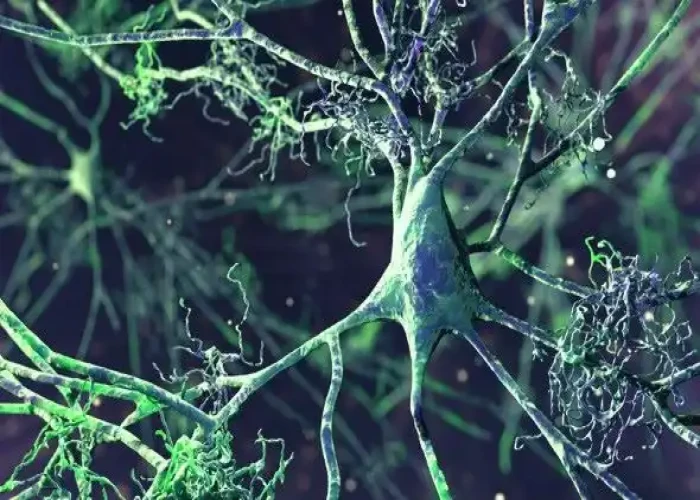 Welcome
Welcome
“May all be happy, may all be healed, may all be at peace and may no one ever suffer."
Vascular dementia

Vascular dementia is a type of dementia that results from damage to the blood vessels that supply blood to the brain. It is the second most common type of dementia after Alzheimer's disease, accounting for up to 20% of dementia cases.
Vascular dementia can be caused by a variety of conditions that damage blood vessels in the brain, including stroke, high blood pressure, diabetes, and atherosclerosis. Symptoms of vascular dementia can include problems with memory, reasoning, and attention, as well as difficulty with everyday tasks such as dressing and feeding.
The course and severity of vascular dementia can vary depending on the extent and location of the blood vessel damage in the brain. Treatment may involve addressing underlying conditions such as high blood pressure or diabetes, as well as medications to improve blood flow and reduce the risk of further damage to blood vessels.
Lifestyle changes such as regular exercise, a healthy diet, and avoiding smoking and excessive alcohol consumption can also help to reduce the risk of developing vascular dementia.
Early diagnosis and treatment of vascular dementia is important to help slow the progression of the disease and maintain quality of life. It is important to consult with a healthcare professional if any symptoms of dementia are present or if there are concerns about cognitive function.
Research Papers
Disease Signs and Symptoms
- Confusion (Hallucinations)
- Vascular disease and Alzheimer's disease often occur together.
- But vascular dementia can also develop very gradually, just like Alzheimer's disease dementia.
- Sometimes a characteristic pattern of vascular dementia symptoms follows a series of strokes or ministrokes.
- Vascular dementia symptoms may be most clear-cut when they occur suddenly following a stroke.
- Sudden or frequent urge to urinate or inability to control passing urine
- Difficulty deciding what to do next
- Reduced ability to organize thoughts or actions
- Difficulty concentrating
- Trouble paying attention and concentrating
- Memory loss
- Studies show that many people with dementia and evidence of brain vascular disease also have Alzheimer's disease.
Disease Causes
Vascular dementia
Vascular dementia results from conditions that damage your brain's blood vessels, reducing their ability to supply your brain with the amounts of nutrition and oxygen it needs to perform thought processes effectively.
Common conditions that may lead to vascular dementia include:
- Stroke (infarction) blocking a brain artery. Strokes that block a brain artery usually cause a range of symptoms that may include vascular dementia. But some strokes don't cause any noticeable symptoms. These silent strokes still increase dementia risk.
- With both silent and apparent strokes, the risk of vascular dementia increases with the number of strokes that occur over time. One type of vascular dementia involving many strokes is called multi-infarct dementia.
- Brain hemorrhage. Often caused by high blood pressure weakening a blood vessel leading to bleeding into the brain causing damage or from buildup of protein in small blood vessels occurring with aging weakening them over time (cerebral amyloid angiopathy)
- Narrowed or chronically damaged brain blood vessels. Conditions that narrow or inflict long-term damage on your brain blood vessels also can lead to vascular dementia. These conditions include the wear and tear associated with aging, high blood pressure, abnormal aging of blood vessels (atherosclerosis), diabetes
Disease Prevents
Vascular dementia
The health of your brain's blood vessels is closely linked to your overall heart health. Taking these steps to keep your heart healthy may also help reduce your risk of vascular dementia:
- Maintain a healthy blood pressure. Keeping your blood pressure in the normal range may help prevent both vascular dementia and Alzheimer's disease.
- Prevent or control diabetes. Avoiding the onset of type 2 diabetes, with diet and exercise, is another possible way to decrease your risk of dementia. If you already have diabetes, controlling your glucose levels may help protect your brain blood vessels from damage.
- Quit smoking. Smoking tobacco damages blood vessels everywhere in your body.
- Get physical exercise. Regular physical activity should be a key part of everyone's wellness plan. In addition to all of its other benefits, exercise may help you avoid vascular dementia.
- Keep your cholesterol in check. A healthy, low-fat diet and cholesterol-lowering medications if you need them may reduce your risk of strokes and heart attacks that could lead to vascular dementia, probably by reducing the amount of plaque deposits building up inside your brain's arteries.
Disease Treatments
Treatment often focuses on managing the health conditions and risk factors that contribute to vascular dementia.
Controlling conditions that affect the underlying health of your heart and blood vessels can sometimes slow the rate at which vascular dementia gets worse, and may also sometimes prevent further decline. Depending on your individual situation, your doctor may prescribe medications to:
- Lower your blood pressure
- Reduce your cholesterol level
- Prevent your blood from clotting and keep your arteries clear
- Help control your blood sugar if you have diabetes
Disease Diagnoses
Disease Allopathic Generics
Disease Ayurvedic Generics
Disease Homeopathic Generics
Disease yoga
Vascular dementia and Learn More about Diseases
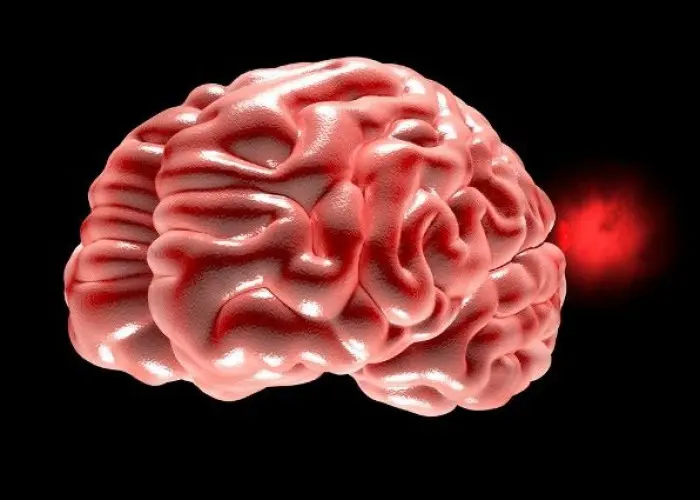
Fibromuscular dysplasia
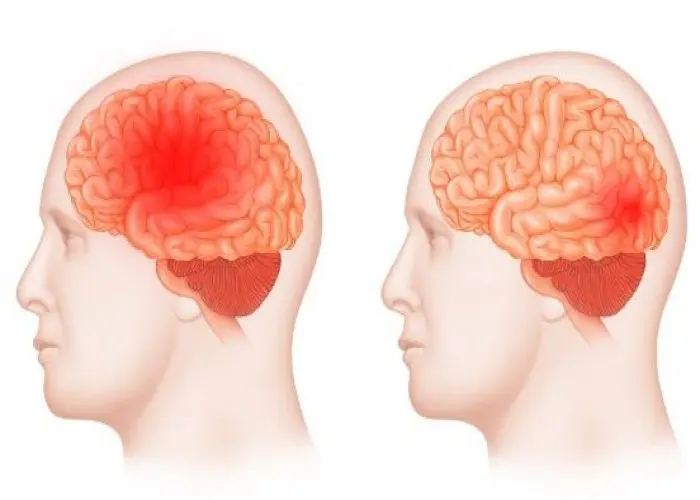
Frontal lobe seizures
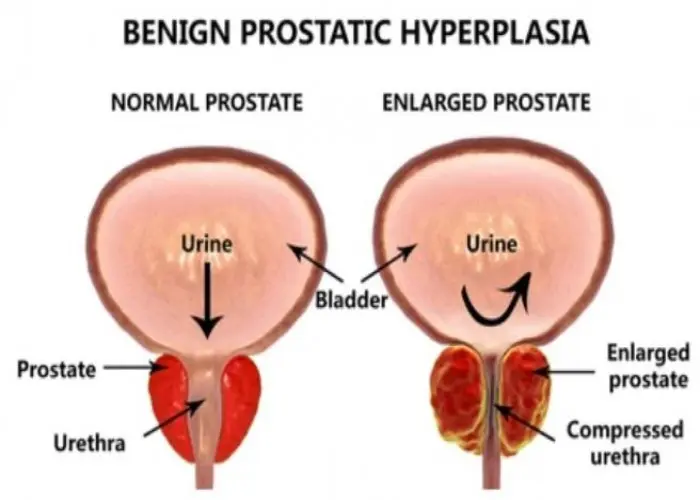
Benign prostatic hyperplasia (BPH)

Thumb arthritis
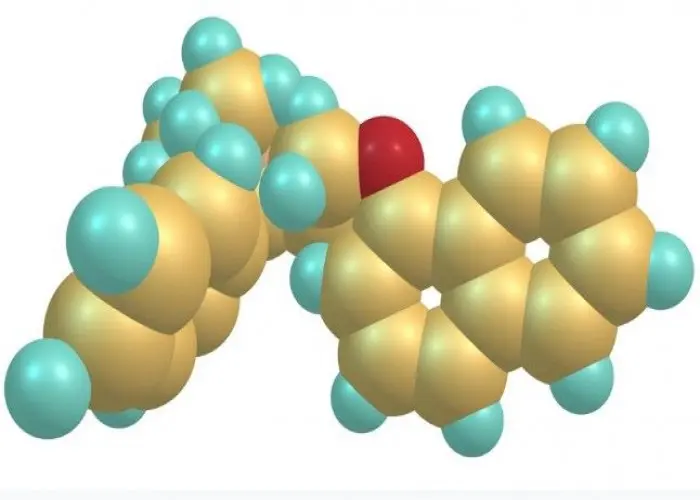
Delayed ejaculation

Self-injury / cutting

Broken heart syndrome

Menstrual cramps
Vascular dementia, ভাস্কুলার ডিমেনশিয়া, রক্তনালী স্মৃতিভ্রংশ
To be happy, beautiful, healthy, wealthy, hale and long-lived stay with DM3S.
